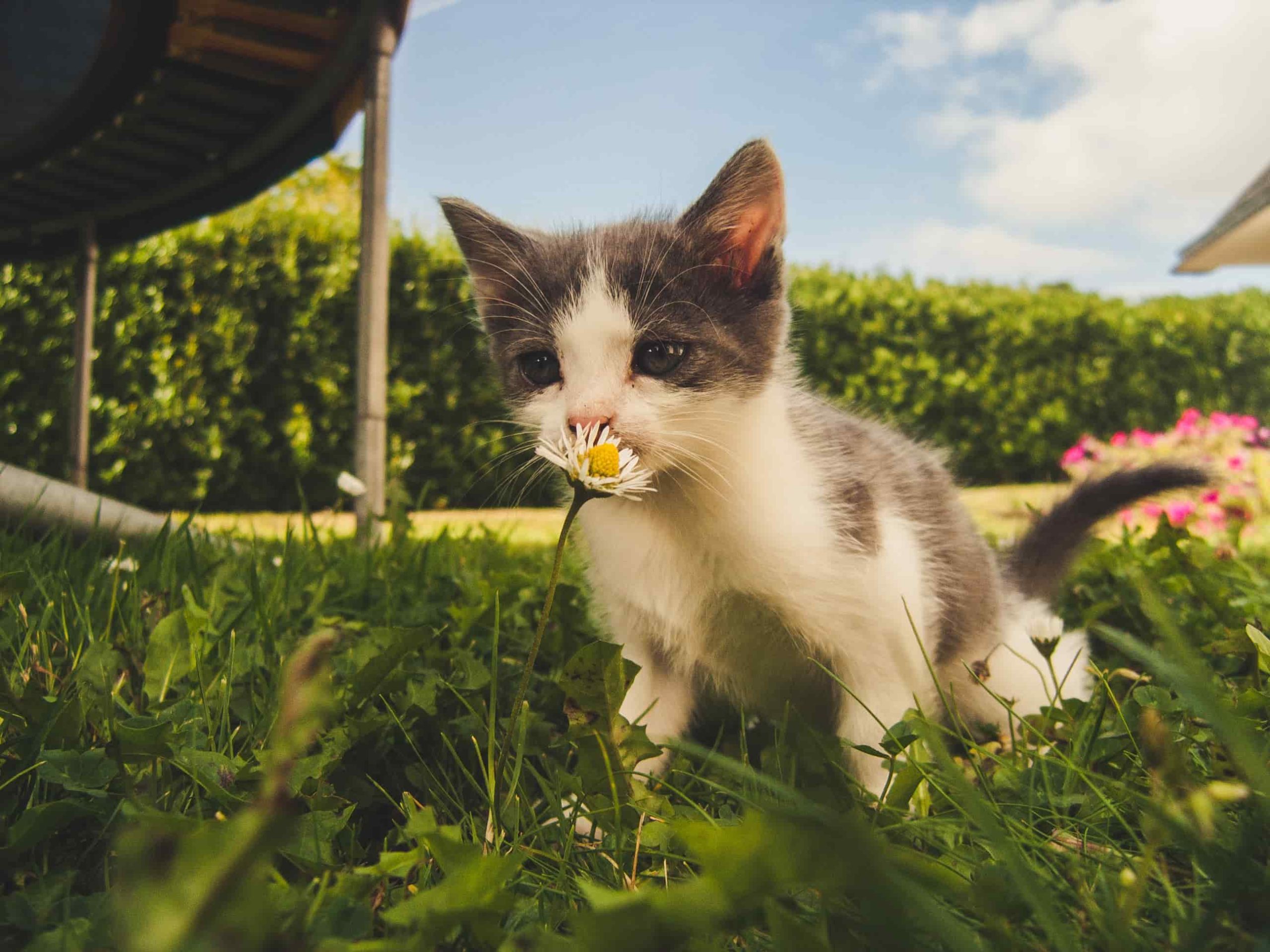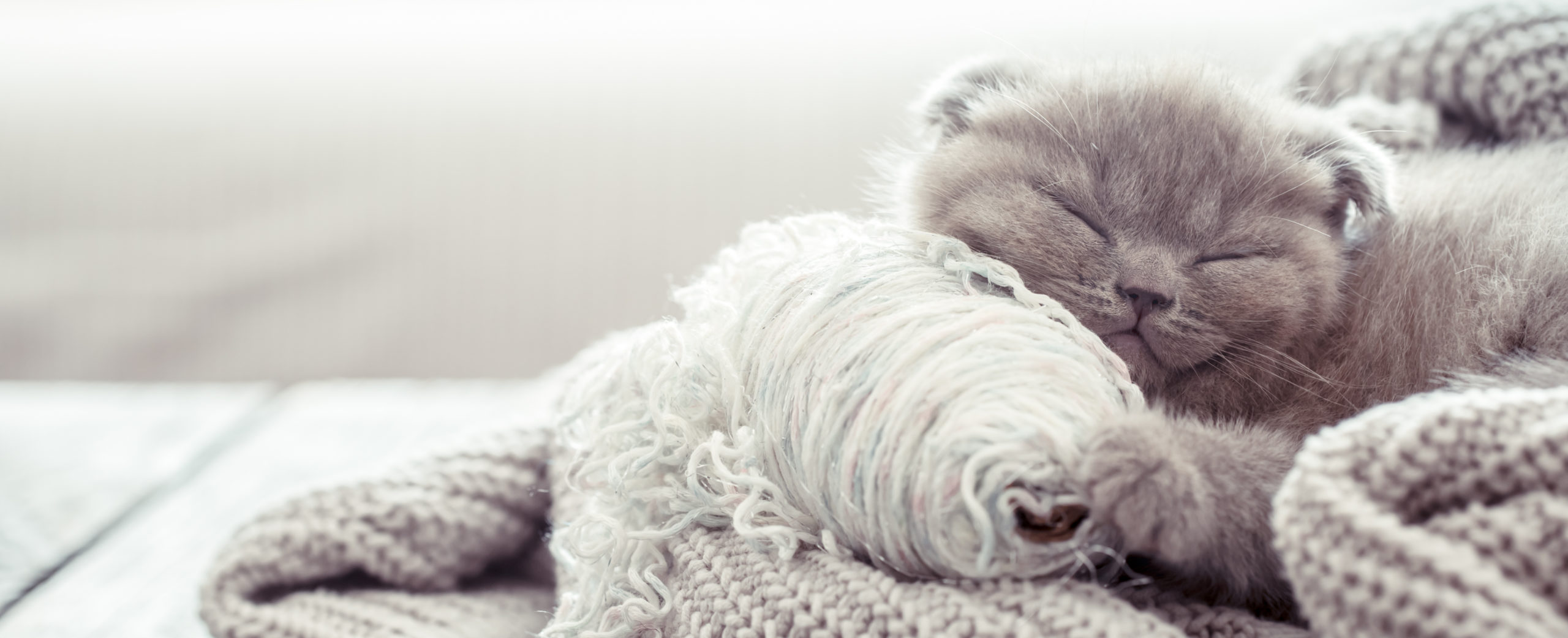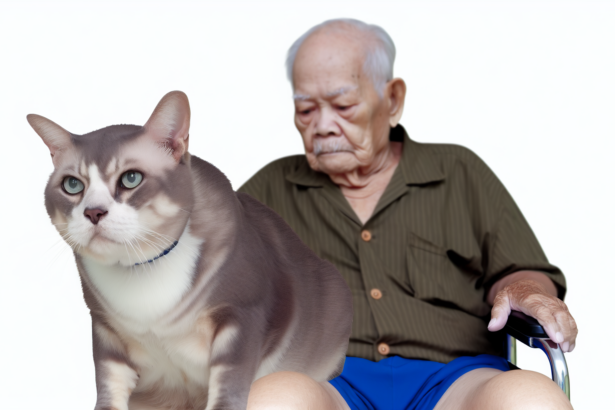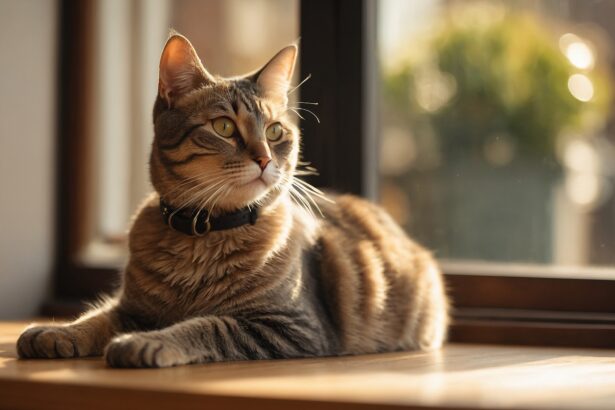Did you know that your cat spends an average of 12 to 16 hours a day sleeping? If you’ve ever wondered why your adorable furball spends so much time lounging around, you’re not alone! In this article, discover the 5 surprising reasons behind your cat’s prolonged sleep, as well as practical tips to better understand his habits. Prepare to be amazed!
- A natural predatory instinct: sleep as a hunting strategy
- Cats sleep a lot to recover and maintain their health
- Cats sleep a lot to manage stress and their environment
- The influence of age and life cycle on cat sleep
- Cats sleep a lot simply for pleasure and comfort
- Conclusion
- FAQ: 5 common questions about cat sleep
A natural predatory instinct: sleep as a hunting strategy
Sleep for better hunting: an ancestral strategy
Your domestic cat may no longer need to hunt to survive, but his feline instinct remains deeply rooted. Sleeping a lot allows him to save energy for his moments of intense activity. So, even if he only hunts his favorite stuffed mouse, he still applies this ancestral strategy to preserve his strength.
Light sleep: always ready to pounce
You’ve probably noticed that your cat often sleeps with one eye open. This light sleep is typical of felines. It enables them to remain constantly alert to their environment. An unexpected noise? Your cat is immediately ready to pounce, proof that its hunting instinct is still active.
Cats sleep a lot to recover and maintain their health
Restful sleep in cats: essential for their well-being
As with us humans, sleep is vital to a cat’s health. It enables the body to recuperate, repair tissues and strengthen the immune system. Adequate, quality sleep is therefore crucial to your cat’s well-being, enabling him to stay in top form and live longer by your side.
The importance of deep sleep in felines
Deep sleep accounts for around 25% of a cat’s resting time. During this phase, the cat’s body undergoes deep regeneration. You can easily recognize this stage when your cat sleeps deeply, sometimes dreamily, with its paws moving slightly. Adorable, isn’t it?
Cats sleep a lot to manage stress and their environment
Sleep to reduce stress in cats
Does your cat sleep more after a visit to the vet or a change in the house? It’s normal! Sleep helps your four-legged friend manage stress and anxiety. So offering him a calm, reassuring place to sleep is essential for his emotional balance.
The impact of the environment on feline sleep
Your cat’s environment has a direct influence on its sleeping habits. A comfortable, secure, quiet space will encourage restful naps. Think about creating a cozy resting area, away from frequent passageways, with a soft cushion or a suitable basket. Find out how best to create this space in our article on the ideal layout for a happy cat.
The influence of age and life cycle on cat sleep
Kitten, adult, senior: different sleep needs
Did you know that your kitten can sleep up to 20 hours a day? As she grows, her sleep needs change. An adult cat sleeps an average of 14 hours, while an older cat may sleep more. These differences are explained by energy requirements and age-related physiological changes.
Pregnancy and illness: when cat sleep increases
Certain conditions, such as pregnancy or illness, naturally increase your cat’s need for sleep. If you notice a sudden change in your cat’s habits, don’t hesitate to consult your vet to make sure everything’s fine.
Cats sleep a lot simply for pleasure and comfort
The cat, a hedonistic animal par excellence
If your cat wakes you up at 4 a.m., don’t worry, he’s simply decided it’s time for his nocturnal yoga session! On a more serious note, cats are hedonistic animals who love to sleep for the sheer pleasure of it. They particularly appreciate comfort, and don’t hesitate to invest your bed or favorite sofa for their long naps.
Cats’ favorite places to sleep
Your cat probably has his favorite places to sleep: a sunbeam on the windowsill, your pile of freshly washed laundry or your computer keyboard (just when you absolutely have to work). These places are chosen for their warmth, comfort and safety. Discover other unusual places where cats love to sleep in our article Cats’ favorite unusual places to sleep.
Conclusion
Now you know the main reasons why your cat spends so much time sleeping. Understanding these natural behaviors allows you to take better care of your feline companion, while strengthening your bond with him. So the next time you see your cat asleep, smile and remember that behind every nap is a fascinating reason!
FAQ: 5 common questions about cat sleep
How many hours a day does a cat sleep on average?
On average, an adult cat sleeps between 12 and 16 hours a day. Kittens and older cats can sleep up to 20 hours a day.
Why does my cat sleep more in winter?
In winter, shorter days and lower light levels encourage your cat to sleep more. This saves energy and allows him to benefit from the warmth inside.
Should I worry if my cat sleeps more than usual?
A sudden change in sleeping habits may signal a health problem. If your cat is sleeping much more or less than usual, consult your vet to rule out any medical concerns.
How can I create the ideal sleeping space for my cat?
Create a comfortable, quiet and secure resting area, away from traffic. Add a soft cushion, a cozy basket or a cat tree to give your companion several options.
Is my cat really asleep or just pretending?
Cats alternate between light and deep sleep. When they appear to be light sleepers, they remain alert to their surroundings. In deep sleep, he’s really asleep and fully recovered.
To find out more about cats’ sleeping habits, you can read this detailed veterinary study on the subject here.








